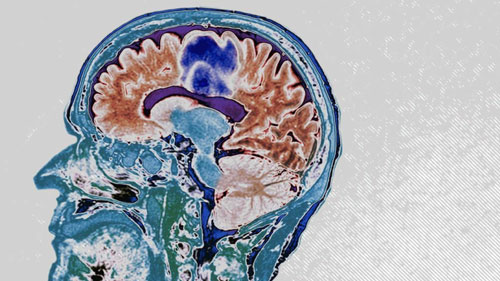ONE of the most aggressive forms of brain cancer is glioblastoma, which has a low survival rate and is difficult to treat.One type of glioblastoma is mitochondrial brain cancer. This type relies on overactive mitochondria, or the “cellular powerhouses,” to grow and spread.
New research in cell cultures has found that this type of glioblastoma may respond to treatment with mitochondria-inhibiting drugs.
This finding may eventually open up new avenues for the treatment of brain cancer.
Glioblastoma is the most aggressive form of brain cancer, with a median survival time of only 15 months following diagnosis.
This type of cancer is difficult to treat, but a new study offers hope that an existing class of drugs could prove effective in people with a particular type of the cancer.
Researchers found that up to 20% of glioblastomas have overactive cellular power plants (mitochondria) and that their cells are relying on them for all their energy.
This type of glioblastoma is associated with a slightly longer survival time, and its dependence on fuel generated by mitochondria may make it especially vulnerable to drugs that inhibit the structures.
The scientists discovered that mitochondria are overactive in this subset of glioblastoma. They also found that mitochondria-inhibiting drugs had a powerful antitumor effect in cultures of the cells growing in the laboratory.
The research — which scientists at Columbia University Medical Center in New York City, NY, led — now appears in the journal Nature Cancer.
In follow-up work that has yet to be published, the scientists showed that the drugs are also effective against this type of glioblastoma in mice.
The same class of drugs is undergoing clinical trials in people with a rare genetic mutation, which the same team discovered, that also sends mitochondria into overdrive.
“We can now expand these clinical trials to a much larger group of patients, because we can identify patients with mitochondria-driven tumors, regardless of the underlying genetics,” says study co-leader Dr. Antonio Iavarone, a professor of neurology. Dr. Anna Lasorella, a professor of pediatrics, is the other study co-leader.
In other cancers, particularly breast cancer, proven systems for accurately classifying tumors into subtypes have led to the development of effective treatments.










